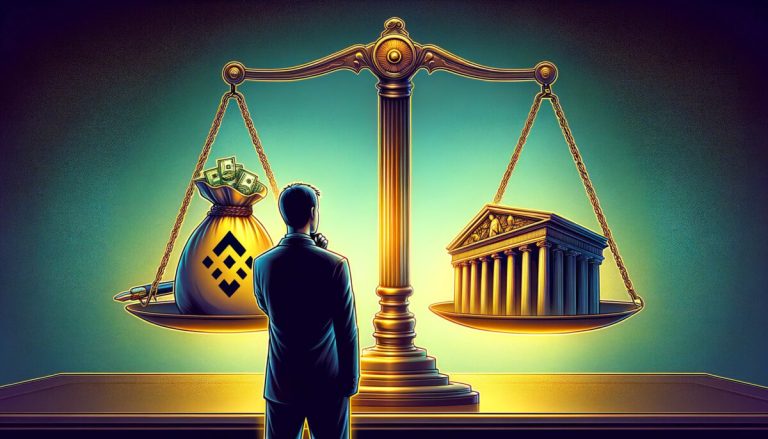In November, a large settlement involving Binance, the world-famous cryptocurrency exchange, and its founder Changpeng Zhao, caught the attention of the financial world. The US Department of Justice settlement imposed a hefty $4.3 billion fine and required Zhao to resign as CEO. The measure, initially hailed as historic, raises questions about its adequacy given Binance's controversial activities.
Binance, notorious for its dealings with entities like ISIS and Hamas and its involvement in numerous cryptocurrency scams, has somehow managed to avoid a more dire fate. The key to their survival lies in an aspect of the settlement that has not been talked about much: the appointment of an independent compliance monitor by the Treasury Department's Financial Crimes Enforcement Network. This monitor, which has broad access to Binance's records and operations, is designed to closely monitor the company for five years.
This surveillance arrangement allows the US government an unprecedented level of oversight of Binance. It includes a comprehensive review of all Binance transactions from 2018 to 2022 and the authority to report any suspicious activities. The Department of Justice values this level of access to information and hopes it will lead to several high-profile criminal prosecutions.
The role of the CFTC and the challenge of regulatory compliance
The Commodity Futures Trading Commission (CFTC) also played an important role in the settlement. They previously sued Binance and Zhao for violating the Commodity Exchange Act. As part of the decision, Binance agreed to pay $1.35 billion in fines, sever ties with non-compliant trading companies, and establish a more robust governance structure.
Interestingly, CFTC Chairman Rustin Behnam made a subtle criticism of the SEC's absence from the settlement during the announcement. The SEC is waging its ongoing legal battle with Binance over various regulatory violations, including operating unregistered exchanges and selling unregistered securities. This ongoing struggle highlights the broader challenges facing the cryptocurrency industry, especially regarding compliance with traditional securities regulations.
Binance's reluctance and future challenges
Despite these regulatory steps, there are still concerns about overall compliance for cryptocurrency exchanges like Binance. They still resist adopting the standard collateral required of traditional stock exchanges and broker-dealers. This hesitation poses significant risks to investors and the integrity of the financial system.
One important incident in this saga was Binance's interaction with auditing firm Mazars. Binance's attempt at transparency with its “Proof of Reserves” report ended in controversy and further skepticism, especially after Mazars pulled out of working with cryptocurrency companies altogether.
As Binance's new CEO, Richard Teng, maintains a secretive stance regarding the company's operations, the question remains whether entities like Binance can truly align with regulatory expectations and ethical business practices. This settlement, while significant, appears to be just the beginning of a long journey towards a more regulated and transparent cryptocurrency industry.

